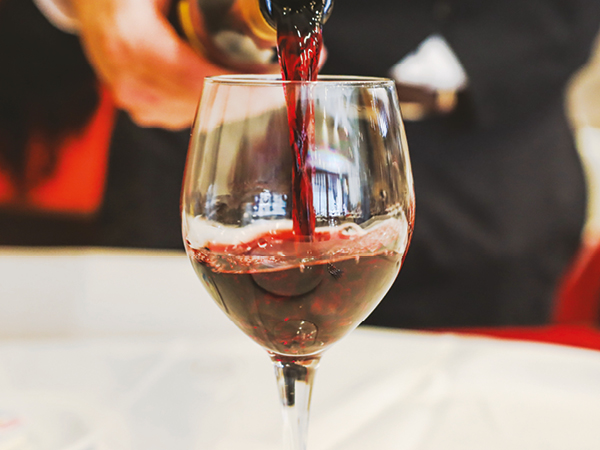
‘Resilient’ hospitality pushes back
A joint survey spanning several leading hospitality bodies has showed that venues have the appetite to invest in the future of their businesses, despite continuing to face a wide range of cost pressures.
A cautious but much needed dose of optimism appears to have found its way into the hospitality sector since the beginning of 2024. The rate of closures has begun to slow, falling from eight sites a day in 2023 to four a day in the first quarter of 2024 (January to March).
Now, a new joint survey from UKHospitality, the British Beer & Pub Association, Hospitality Ulster and the British Institute of Innkeeping has shown that confidence and the willingness to invest in businesses are on the up.
- Read more: Rate of hospitality closures slows
A total of 95% of operators are currently planning to invest in customer service, while 92% are looking to funnel resources into staff training. Just over 70% of venues are looking to carry out improvements and refurbishments.
All of this data is ‘up significantly on last quarter’, the survey said.
Still however, challenges remain. Rising wage bills, food and drink costs and disproportionately high taxation continue to take their toll.
Despite more than 33% of operators seeing an increase in revenues, 70% have seen a reduction in profit, with nearly 50% of venues operating at a loss or just breaking even.
One-in-four businesses remain completely exposed, having no cash reserves at all.
As the UK’s third largest employer, the hospitality sector has ‘the power and agility to act quickly… But it desperately needs confidence that any increased trading will be converted into profit, before [businesses] will invest further’, the survey continued.
“Our regular survey of our joint memberships showed the resilience of our sector, as well as an appetite to invest in teams and venues for the future,” the surveyed trade bodies said in a statement.
“[But businesses have] been heavily impacted by high inflation in food and drink, high energy costs, disruption from rail strikes and the impact of increased labour costs. That has had a ripple effect at every level. In order for operators to [fully invest in their] potential, the sector also needs a fairer, modern and more proportionate tax and regulatory regime.”
This morning, UKHospitality’s chief executive Kate Nicholls also called out the Bank of England’s decision to hold interest rates. The UK has witnessed sustained falls in the rate of inflation this year. Yet, interest rates remain high, forcing businesses to divert money away from investment and into paying the bills.
She said: “It’s disappointing that we’re not seeing interest rates ease when we have seen sustained falls in the rate of inflation.
“Many hospitality businesses are still struggling with Covid-related loans repayments due to persistently high interest rates, and this continues to suck money away from investment and business growth.
“Hospitality has a track record of driving economic growth, creating jobs and helping regenerate towns and cities when it has the financial headroom to invest. A lower interest rate is a key component of freeing up cash for businesses, and I hope to see rates come down next month.”






